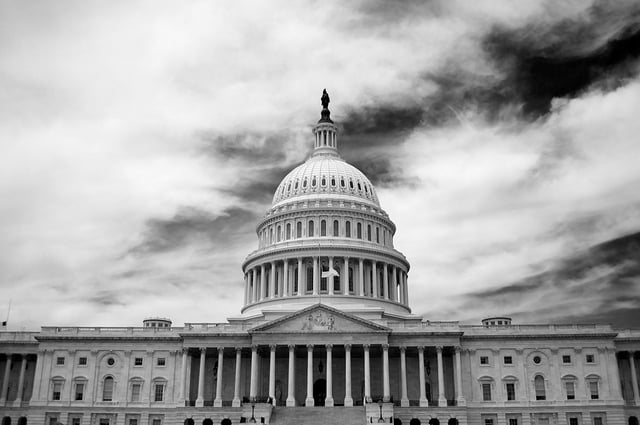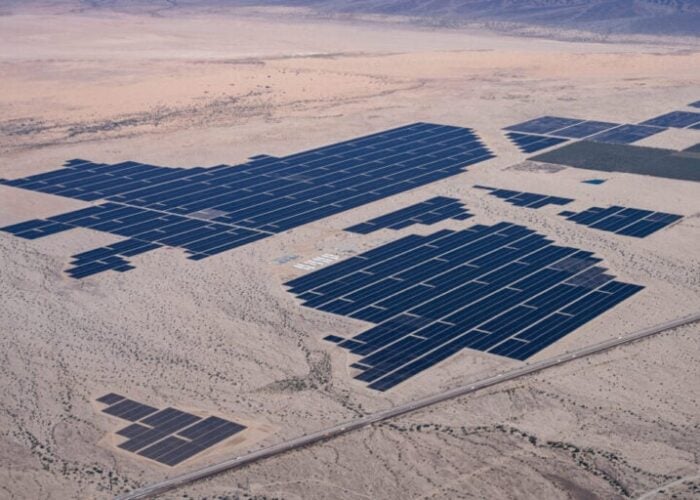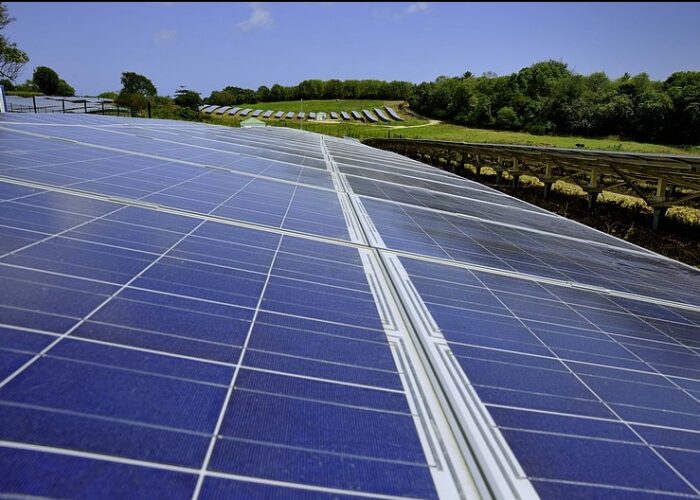
US Congress and the White House have failed to agree an extension to the US solar Investment Tax Credit (ITC), paving the way for the credit to be cut from next month.
But the industry has pledged to keep fighting for a pro-solar suite of policies from government despite what it labelled as a “missed opportunity” to keep supporting the sector.
Unlock unlimited access for 12 whole months of distinctive global analysis
Photovoltaics International is now included.
- Regular insight and analysis of the industry’s biggest developments
- In-depth interviews with the industry’s leading figures
- Unlimited digital access to the PV Tech Power journal catalogue
- Unlimited digital access to the Photovoltaics International journal catalogue
- Access to more than 1,000 technical papers
- Discounts on Solar Media’s portfolio of events, in-person and virtual
There was also bad news for energy storage after lobbying attempts to add the technology to the ITC, when installed independently of solar, also failed.
There had been extensive efforts from lobby groups in the US to extend the ITC in full beyond its current phase out date of 1 January 2020. It was hoped an extension would be included within a crucial government tax and spending bill which passed this week.
However, that opportunity has now been missed and failure to extend the credit means that from next month, the ITC will fall to 26%, degressing further to 22% in 2021. The credit will then fall to just 10% for utility- and commercial-scale projects in 2022, while residential projects will receive no tax credit.
The US Solar Energy Industries Association (SEIA) was central to those efforts and Abigail Ross Hopper, president and CEO at SEIA, said Congress had “let a crucial opportunity slip by” by allowing a government spending bill to advance without extending the credit.
“While I’m disappointed by this missed opportunity to boost the U.S. economy and jobs, and tackle climate change, I’m heartened that voter support for clean energy policies is at an all-time high. The solar ITC is a proven way to generate tens of billions of dollars in private investment each year, while substantially reducing carbon emissions.
“We will look for opportunities next year to again engage our incredibly supportive solar community and work with Congress on clean energy policies that work for all Americans,” she said.
In a statement issued to sister publication Energy-Storage.news, US Energy Storage Association chief executive Kelly Speakes-Backman said the industry was disappointed, but not dissuaded by the omission.
For more on the ESA's response, read ESN's take on the story here.







